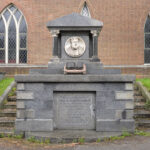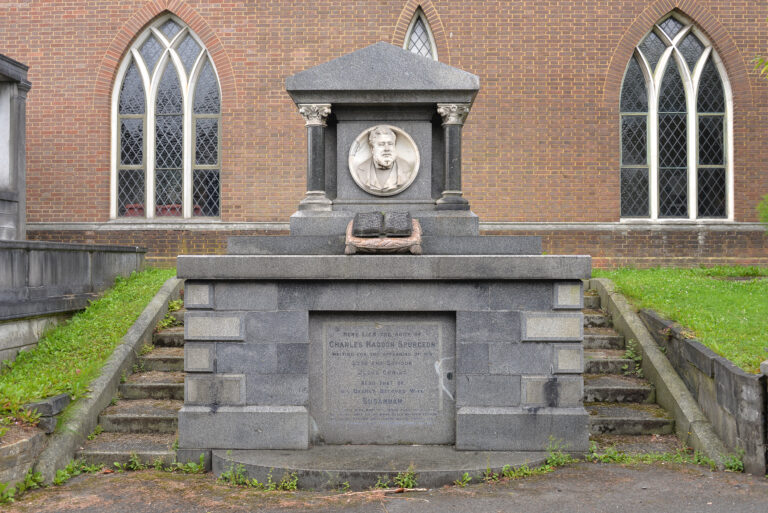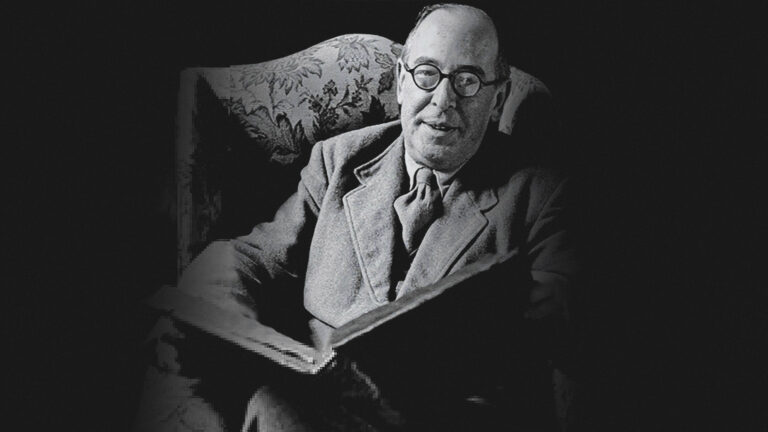What if I told you there was a man during the American Revolutionary era who was born into slavery, trusted in Christ as a teenager, converted his master, purchased his freedom, rode the circuit as a preacher with famous Methodist preacher Francis Asbury, served as a chimney sweep (perhaps even for George Washington!), survived yellow fever, walked out of his church in protest of segregation, founded the black church, and then bought back his own church building years later?
That man is Richard Allen. And everything in that preceding paragraph is true. His story is told most extensively in Freedom’s Prophet: Bishop Richard Allen, the AME Church, and the Black Founding Fathers by Richard S. Newman, one of the best biographies I’ve read so far this year.
Enslaved and Set Free
Richard Allen was born into slavery in 1760 in Philadelphia. In the years that followed, his mother and three of his siblings were sold to cover debts. Only three children remained, while four family members “scattered like the winds.”
As a teenager in 1777, Allen heard a revival sermon and trusted Christ.
“I was awakened and brought to see myself poor, wretched and undone, and without the mercy of God must be lost…. One night I thought Hell would be my portion. I cried to the Lord both night and day. I cried unto him who delighted to hear the prayers of a poor sinner. All of a sudden my dungeon shook, my chains flew off, and, glory to God, I cried.”
From that point on, Allen’s moral vision was influenced by the evangelical faith of the early Methodists.
One of Allen’s earliest converts was his owner, a man who felt conviction over slavery and arranged for Allen to purchase his freedom. They drew up a manumission agreement, and Allen, like many enslaved blacks, worked after-hours to gain extra funds. “Putting in their own crops was also a way creating autonomy from masters,” Newman writes. “Sundown to sunup was enslaved people’s time” (36). Allen worked hard to gain his freedom, cutting so much wood on his first day alone that “it was only with difficulty I could open or close my hands.”
Allen the Preacher
Allen’s devotion to Christ deepened in the years that followed. As a freed black man, he earned his living as a chimney sweep. He began and ended each day with prayer. He spent time in the study of Scripture and doing biblical exegesis (he owned two big sets of biblical commentaries). By 1781, he was preaching regularly, and he joined Francis Asbury on the Methodist circuit.
The Walkout
“Modesty without timidity” is how AME Bishop Daniel Payne described Allen’s personality. “Allen was stubborn in an era when many black people learned to dissemble, defer, and concede to white authority in order to survive,” writes Newman (7), and nowhere was that more obvious than what happened at St. George’s Methodist Church, after several years of leading prayer services there that attracted many black people to the predominantly white church. Mark Galli describes the scene:
St. George’s had no history of segregated seating, at least until the later 1780s. Then white leaders required black parishioners to use the chairs around the walls rather than the pews. During one service in 1787, a group of blacks sat in some new pews that, unbeknownst to them, had been reserved for whites. As these blacks knelt in prayer, a white trustee came over and grabbed Absalom Jones, Allen’s associate, and began pulling on him, saying, “You must get up—you must not kneel here.” Jones asked him to wait until prayer was over, but the trustee retorted, “No, you must get up now, or I will call for aid and force you away.” But the group finished praying before they got up and walked out.
That walkout was the beginning of Bethel Church, known as “Mother Bethel,” and the seeds were planted that would blossom into the African Methodist Episcopal Church.
Pushing Back
In the years that followed, Richard Allen survived the Yellow Fever that shut down Philadelphia, and he and other black citizens provided help for whites who suffered from the plague. (It was assumed, wrongly, that black people were more resistant due to it being a “tropical” illness.) Like the early Christians, when everyone else fled the city, the black citizens remained and nursed the sick.
Tragically, white citizens launched critiques and accusations impugning the character of the blacks who provided assistance. In response, Allen penned a pamphlet powerful in its defense of the black community and the selfless actions on display during the plague. He and his cowriter thus became the first black authors copyrighted in the United States.
In the years to come, white Methodist leaders in Philadelphia tried to keep Allen’s congregation and property under its authority, leading to a moment in 1815 when the building was to be auctioned off. Allen finagled a way to become the highest bidder and bought his own church back. The Pennsylvania Supreme Court, a year later, ruled that the church belonged to Allen, thus freeing Bethel from Methodist control.
In his later years, a church discipline case made Allen a lightning rod among some in the black community of the time, and the controversy led to a church split. Throughout his life, Allen’s hopes for America to live up to its founding ideals expanded and diminished, and he moved back and forth from integrationist to nationalist beliefs, envisioning at one point that Haiti could be the place for a black republic. He died in 1831 and was buried at Mother Bethel.
Allen’s Legacy
Newman sums up the legacy of this remarkable life:
“Allen’s seven decades on American soil illuminate, among other key issues, race relations in the late-eighteenth and early-nineteenth centuries, the advent of the black church and black abolitionism, the rise of black leadership traditions and print culture, the varieties of black nationalism and political discourse espoused by African American reformers through time, and the ever-expanding debates over black identity in the Atlantic world.”
“As the most prominent black preacher of his era, he helped inaugurate a moral critique of slavery and slaveholding that shaped abolitionism for years to come. As one of the first black pamphleteers, he pushed not only for slavery’s demise but also for black equality. As a black institution builder, he spurred the creation of autonomous organizations and churches that nurtured African American struggles for justice throughout the nineteenth century. As a sometime doubter of American racial equality, he participated in black emigration to Haiti. As a leader of the first national black convention, he defined continent-wide protest tactics and strategies for a new generation of activists.”
Every evangelical should be familiar with the life and legacy of Richard Allen. His story is a shining testimony to the power of God’s salvation and the determination of a man to stay tightly bound to God’s Word in defiance of white supremacy’s tragic manifestations in the church.
If you would like my future articles sent to your email, please enter your address.


















